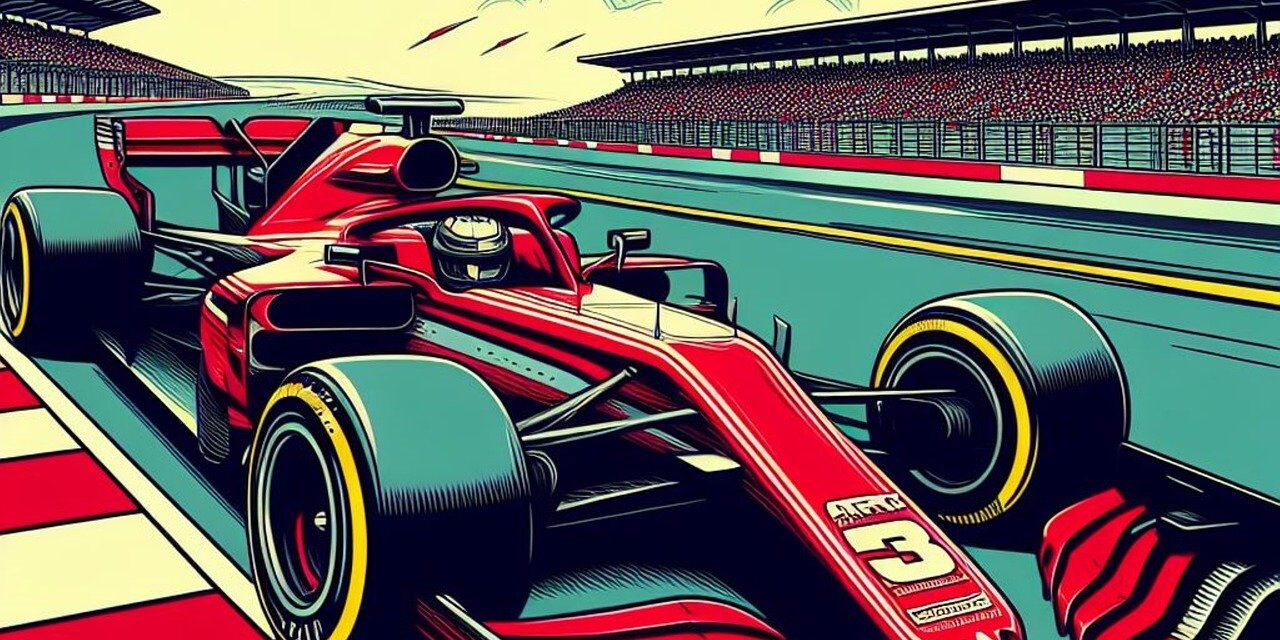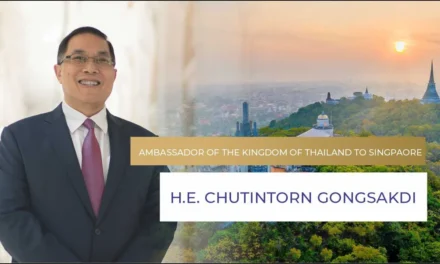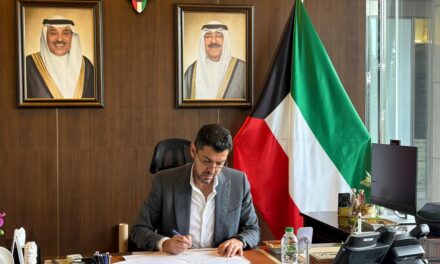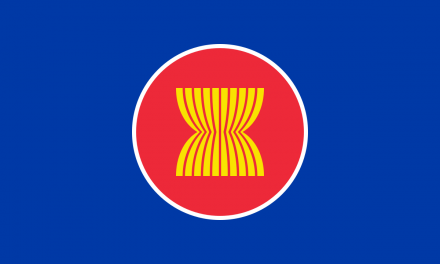The F1 Singapore Grand Prix, which concluded last weekend, has grown beyond a sporting event, transforming into a flagship occasion for the country, blending sport, diplomacy, and business.
Since its inception in 2008, it has served as a prominent international gathering, attracting diplomats, business leaders, and influential figures from across the globe.
All eyes on Singapore
Unlike other circuits, the Singapore Grand Prix is set entirely within the city, creating a captivating atmosphere under the lights. This urban setting makes it not only the most visually stunning but also one of the most iconic races on the F1 calendar.
The Grand Prix enhances Singapore’s global image by showcasing the country’s culture, technology, and organizational prowess. It positions Singapore at the forefront of sports diplomacy, where the event serves as an informal stage for forging international relationships. By hosting a world-renowned event, Singapore promotes tourism and reinforces diplomatic ties in nuanced ways.
Soft power
Singapore capitalizes on this platform by inviting political and business leaders, building soft power in the process. The Grand Prix attracts a global array of high-profile attendees, from celebrities to business magnates and diplomats.
In 2019, for example, Apple Chief Executive Tim Cook and Amazon Founder Jeff Bezos were among the guests, creating opportunities for informal networking that can lead to partnerships across industries such as technology, real estate, and finance.
“Many international business events, such as the TIME100 Leadership Forum, the Forbes Global CEO Conference, the Milken Institute Asia Summit, and SuperReturn Asia, have also been organized around the F1 race in Singapore to take advantage of the occasion for high-level networking and meetings,” the Singaporean Ministry of Trade & Industry stated in a release in January.
This illustrates how the event is less about direct political negotiations and more about cultivating soft diplomacy. It offers a space to build networks, showcase Singapore as a global hub, and facilitate collaboration across sectors.
The role of soft power in global relations
A historical parallel can be drawn to US-China relations in the 1970s, where a series of table tennis matches opened the door for diplomatic dialogue, culminating in former US President Richard Nixon’s groundbreaking visit to China in 1972.
Much like the “ping-pong diplomacy” of that era, the Singapore Grand Prix provides neutral ground for soft diplomacy, fostering relationships and creating informal spaces for diplomatic exchanges.
In much the same way that ping-pong diplomacy opened the door to US-China economic exchanges, the Singapore Grand Prix bolsters Singapore’s diplomatic and economic relationships.
Economic benefits beyond the finish line
This influx particularly benefits sectors like hospitality, dining, and retail.
The event enhances trade, tourism, and international partnerships, driving home Singapore’s image as a modern, business-friendly destination. Since 2008, the event has attracted more than 550,000 international visitors and generated around SGD2 billion in incremental tourism receipts.
During the race weekend, hotels in the city-state experience near-full occupancy, with rates climbing significantly, showcasing the economic benefits tied to Singapore’s sports diplomacy. Through this event, Singapore positions itself as a country deeply invested in international cooperation, cementing its role as a pivotal player in the global sports and business arenas.
Diplomacy brings another dimension to the Grand Prix, and vice versa, where connections are felt both on and off the track, fostering relationships that extend beyond sport into global business, politics, and cultural exchange.
Last weekend, the Grand Prix drew a crowd of 269,072 fans. Lando Norris claimed his first victory in the Singapore Grand Prix on Sunday, becoming the seventh different winner after a fierce battle with title contender Max Verstappen.
*Written by DNA Contributor Yucheng Dong.







